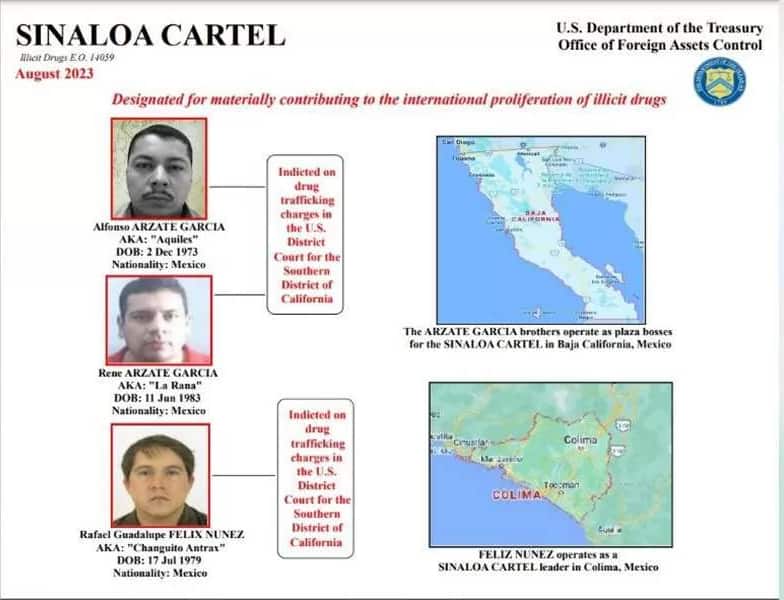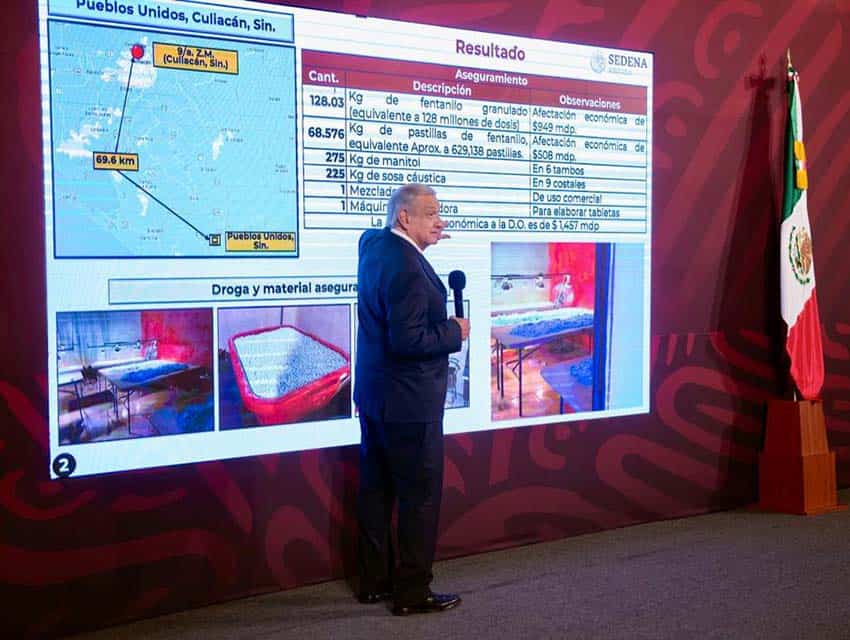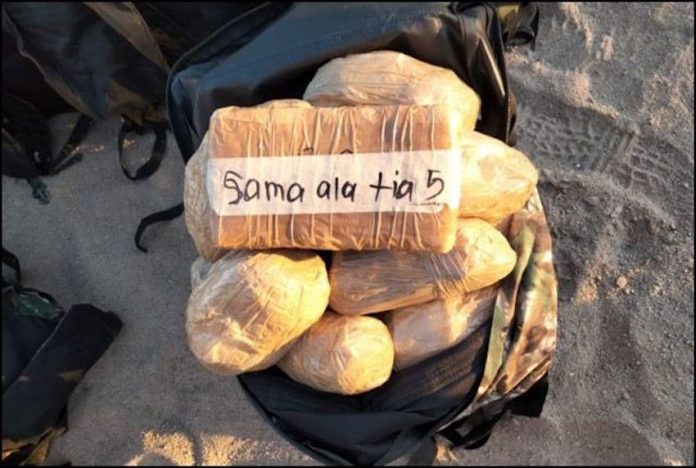The United States government issued new sanctions against three Sinaloa Cartel leaders on Wednesday.
The U.S. Department of the Treasury’s Office of Foreign Assets Control (OFAC) imposed sanctions against Rafael Guadalupe “El Changuito Antrax” Félix Núñez, and brothers Alfonso “El Aquiles” and René “La Rana” Arzate García, who are accused of participating in fentanyl trafficking and holding high-ranking positions in the powerful Sinaloa Cartel.

“Today’s action targets key individuals responsible for facilitating the illicit trafficking of deadly drugs, including fentanyl, into the United States, where it wreaks havoc on our communities,” Under Secretary of the Treasury for Terrorism and Financial Intelligence Brian E. Nelson said in a press release.
According to the U.S. Treasury, the Arzate brothers are local “plaza bosses” for the cartel, running its drug operations out of Tijuana, Baja California and the surrounding area. They are also known for carrying out violent enforcement actions, including kidnappings and executions. A U.S. district court charged both of them with drug trafficking offenses in 2014. To date, the brothers remain fugitives.
Per OFAC, Núñez started as a hitman for the Sinaloa Cartel, gradually gaining more power within the organization. He was also charged with drug trafficking in 2014 in the U.S. Arrested by Mexican authorities in 2014, he escaped from a prison in Culiacán, Sinaloa in 2017. Since then, he has emerged as a major cartel leader in the strategic port city of Manzanillo, Colima, which receives illicit shipments of precursor chemicals used to make fentanyl.
The U.S. applied sanctions in conjunction with the Mexican Financial Intelligence Unit (UIF) and in close collaboration with the U.S. Drug Enforcement Administration (DEA) and the Federal Bureau of Investigation (FBI).

As a result of the sanctions, “all property and interests in property of the designated individuals and entities that are in the United States or in the possession or control of U.S. persons must be blocked and reported to OFAC,” the Treasury said.
“The Treasury remains committed to leveraging our tools in support of our whole-of-government effort to aggressively target all aspects of the supply chain and starve these criminal groups of the funding they need to operate,” Nelson said.
The recent sanctions are part of broader efforts to curb the trafficking of fentanyl, the synthetic opioid that, according to data from the CDC, caused approximately two thirds of the 107,081 drug overdose deaths in the United States last year alone. According to the U.S. government, the Sinaloa Cartel and the Jalisco New Generation Cartel (CJNG) are responsible for synthesizing fentanyl in clandestine laboratories using chemical precursors purchased from China.
With reports from El Universal and Zeta Tijuana
